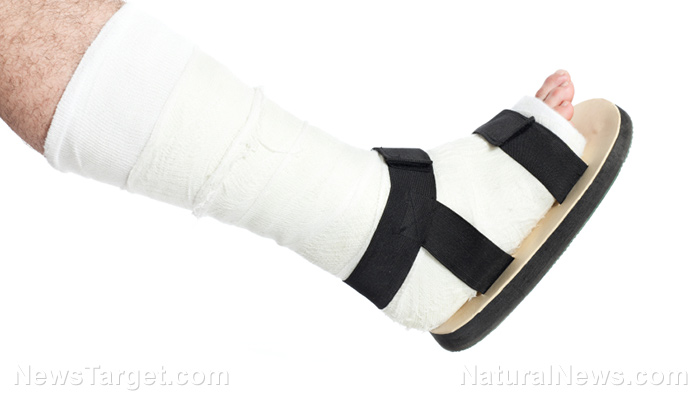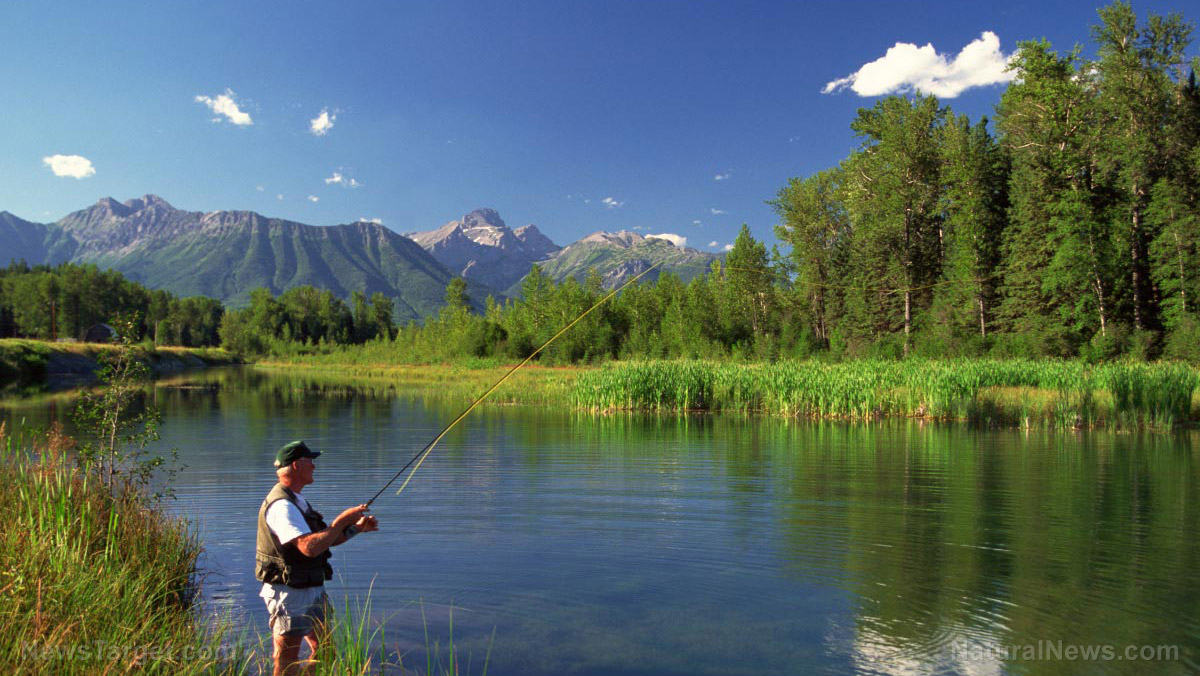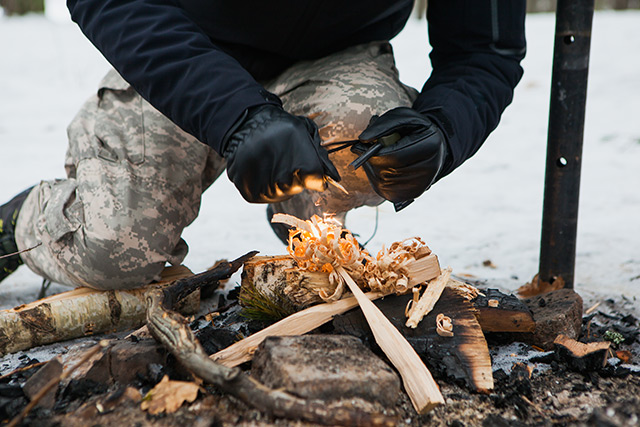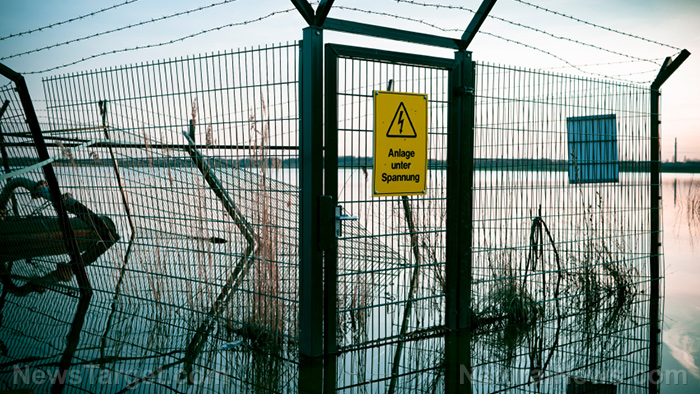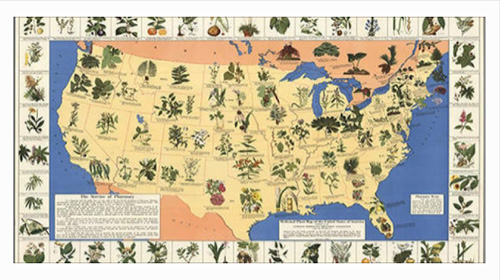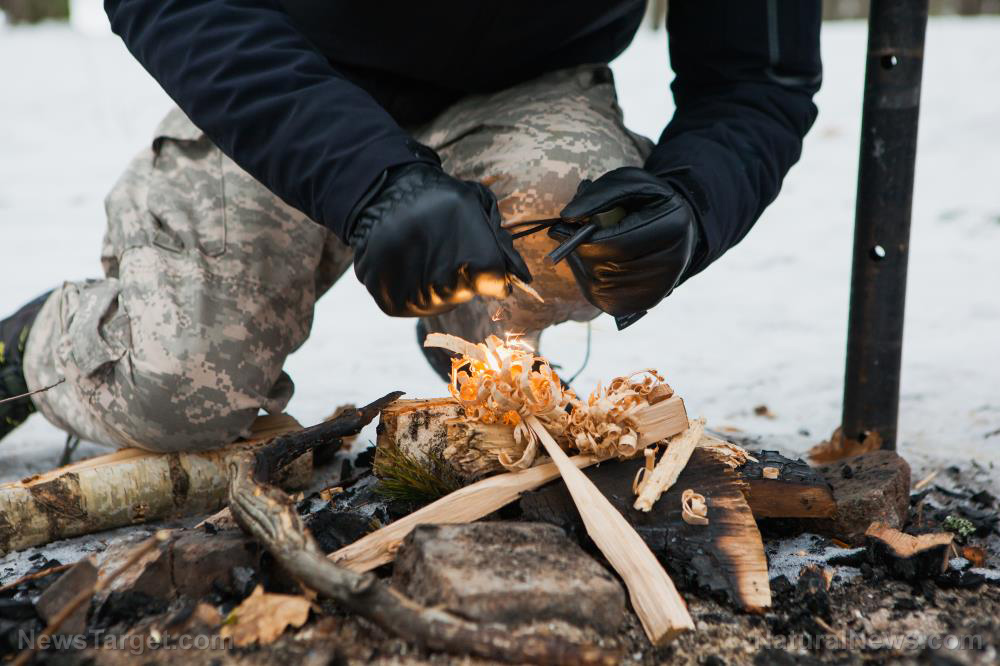Survival footwear and clothing for specific conditions: Moisture, UV and insect protection
08/28/2018 / By Russel Davis

Clothing is just as essential as other equipment when it comes to survival. Many seasoned and expert survivalists will attest that determining the right clothes to use may help bolster your chances of survival in the wild. An entry posted on the Survival Frog blog has stressed that while building a shelter is vital for survival, many people forget that their clothes are already protecting them from the wind, rain, or snow. Likewise, the blog entry highlights that clothing helps keep the body dry, warm, cool, and well-insulated.
The article also emphasized that choosing the right fabric and dressing up depending on specific conditions are necessary for survival. The blog entry lists a few tips on wearing the right clothing articles to boost the chances of survival. These important clothing tips include:
- Avoiding cotton and bamboo fabric – According to the blog entry, cotton is an undesirable fabric during survival mode. The reason being is that cotton is all too good at absorbing moisture rather than repelling it. The article further explains that the fabric does nothing to keep the body warm once it gets soaked. The blog entry adds that the fabric has the tendency to take the heat from the body, which in turn could make a person susceptible to hypothermia. Bamboo fabric is no better, the blog entry cautions. According to the article, most bamboo fabric products are combined with rayon that also absorbs moisture much like cotton or wool.
- Dressing up in layers – The blog entry also discusses that dressing up in layers is a highly effective way to bolster survival, especially when the odds are against the elements. The article suggests going for a three-layer dress up method where the first layer would repel sweat instead of absorbing it, while the second layer insulates the body and the third layer protects against outside moisture. According to the article, shirts made out of polypropylene make for an excellent first or base layer as the fabric does not absorb moisture but wicks it away instead. The blog entry has also noted that polyester, nylon and synthetic fleece are ideal second layer fabrics as they prevent moisture from escaping the body. Likewise, a waterproof or windproof vest such as a windbreaker may function as a third layer to protect the body from wind and rain.
- Other helpful tips – The article also suggests wearing a bandana or hat to protect the head. Likewise, it is also ideal to carry extra socks and versatile clothing items. It may also prove helpful to try the clothing layers ahead of time to identify which ones actually work.
Good footwear boosts survival chances as well
Apart from choosing the right clothing articles, a SASI Online entry also stressed that identifying the appropriate footwear may help increase the chances of survival. According to the article, the body could rapidly lose heat through the feet. This makes choosing the right footwear more important in order to retain heat. The article has also highlighted the importance of comfort and material tolerance in choosing the right footwear. Moreover, the entry also emphasizes that the following qualities make for an excellent survival footwear. These qualities include:
- Soles with reliable thickness
- Soles that provide adequate insulation
- Soles with strong slip resistance
- Soles that are resistant to both oil and electric shock
According to the entry, working boots and shoes are excellent examples of survival footwear that combine all the aforementioned qualities. Shoes or boots that feature steel or reinforced plastic toes and puncture resistant soles are ideal survival footwear as well, the article has stated. (Related: You need to know these 8 essential survival tips to prepare you for the next catastrophe.)
Read more survival guides at Preparedness.news.
Sources include:
Tagged Under: bugout, clothing, emergency preparedness, footwear, prepping, survival, Survival Tips, wilderness


